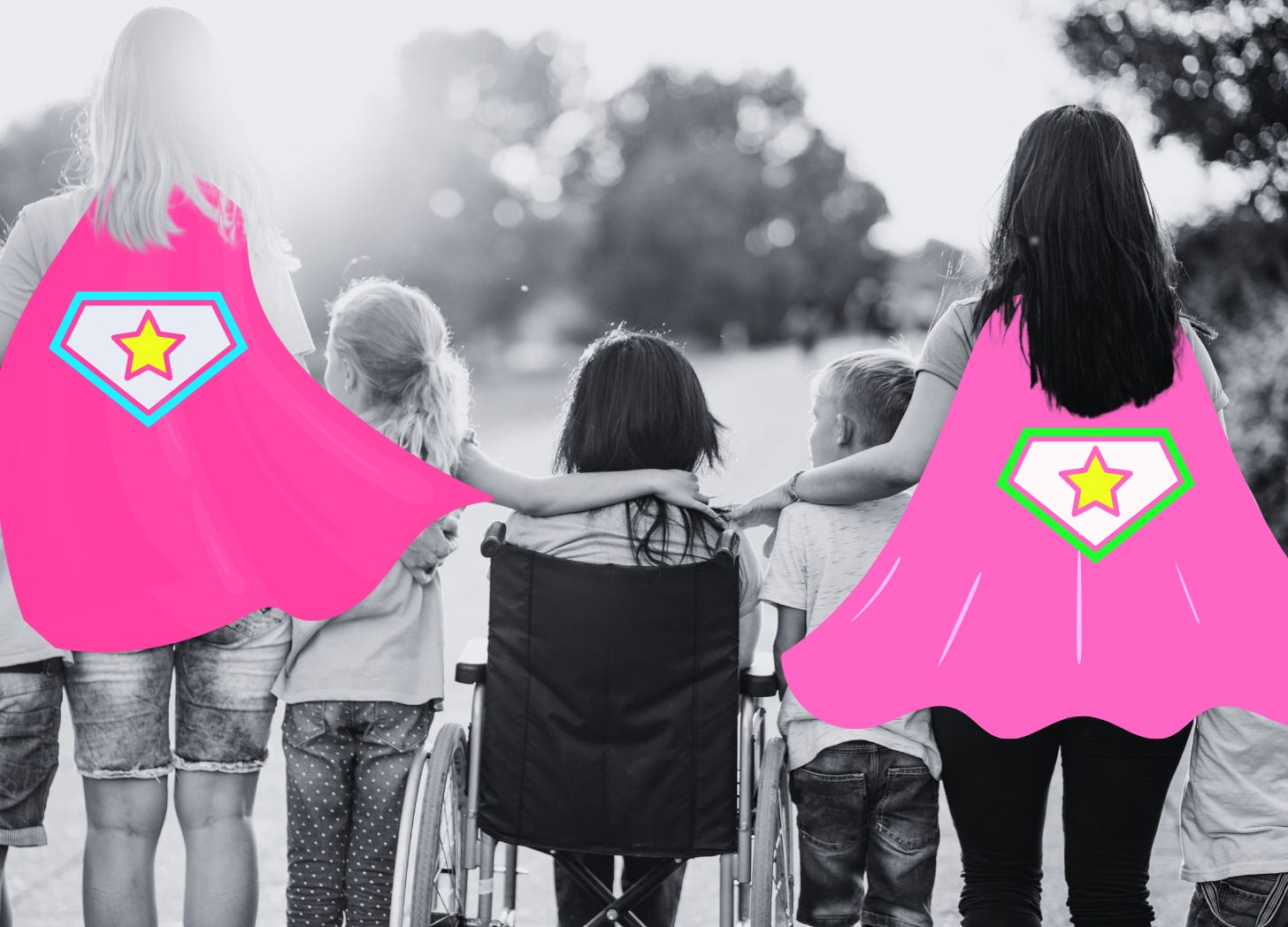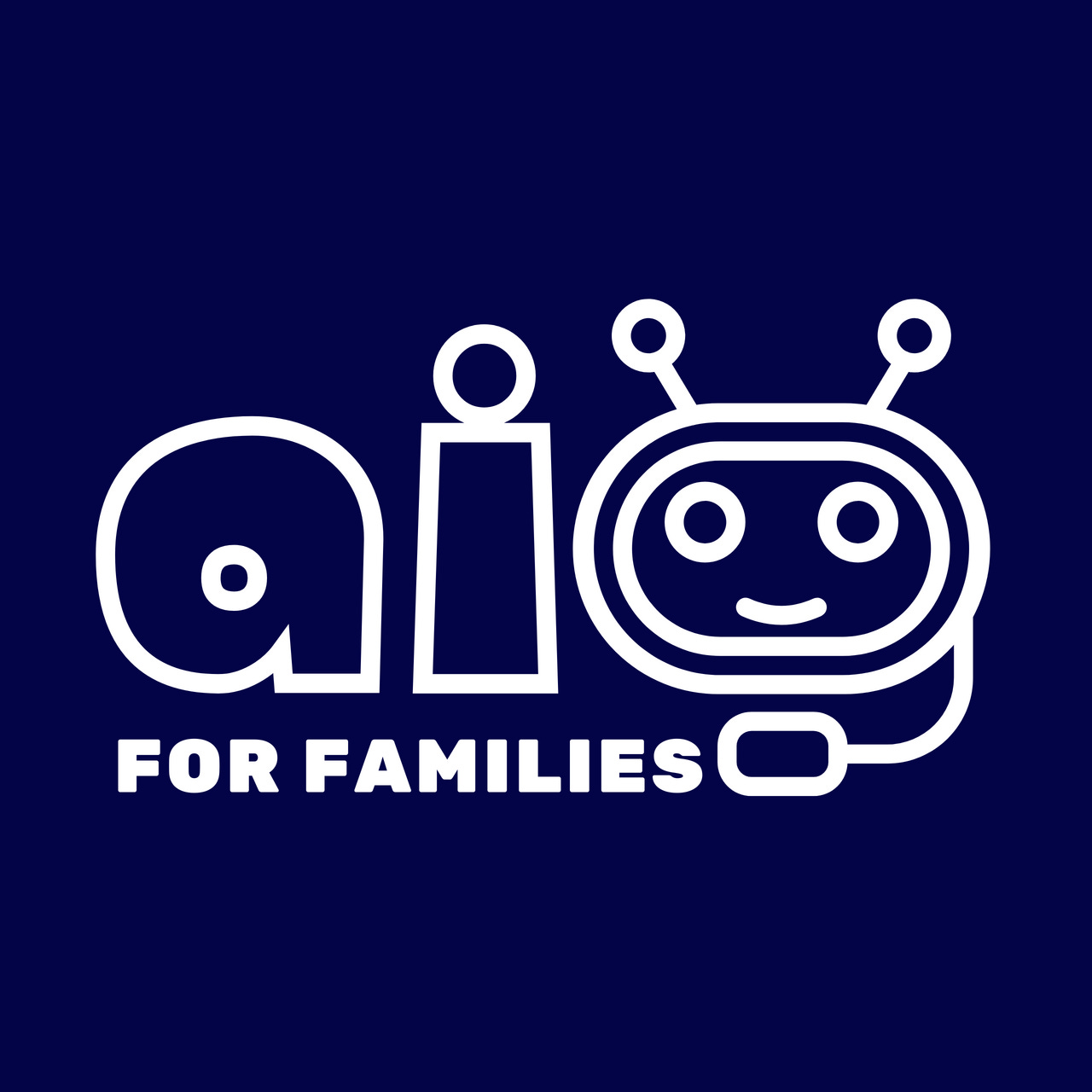We Need More AI Innovation Focused on Women, Disability, and Caregiving + Other News This Week
The fact that women are disproportionately affected by disability and are society's primary caregivers is reason enough to demand that more AI innovation is directed to the space. Where is the focus?
Is writing about the intersection of women, AI, and the fluidity of individual ability over a lifetime a niche subject? Well, no. But even those of us who believe it’s a broad and sweeping area of focus may still be surprised at the scale of the problem/opportunity.
A few facts:
🚺 Women over their lifetime experience short- and long-term disability at a higher rate than men, and after age 50 the female/male divide settles into 40 percent to 28 percent respectively (UN Women)
🚺 Eighty percent of caregivers to the elderly worldwide are women. In the US, 20 percent of the population cares for an older American or disabled child, and 60 percent of those carers are women (Commonwealth Fund)
🚺 Less than one percent (!) of all budgets allocated to AI implementation are focused on positive social impact (Schwab Foundation for Social Entrepreneurship Report)
🚺 Less than 30 percent of the AI workforce is female (Deloitte)
So you can start to see where a lack of focus on AI innovation that solves real problems for women, is an issue for everyone. If you want to read more on the subject, this week I looked deeper into the intersection of caregiving, disability, and tech. I hope you’ll check out the piece and share your thoughts.
Caregivers: Our Unsung Heroes
My sister talks and writes a lot about disability and caregiving. As a mom with Parkinson’s Disease, she knows all too well the challenges of balancing her needs with those of others. She also knows how important it is to have carers that she can rely on. Last year, Allie talked to Emma Willis about the emotional and physical toll on caregivers, and the challenges of managing brain-health diagnoses.
The FromAtoSHE® Archive
This week, I’ve populated the site archive with a number of product-heavy reports. First, you’ll find a look at what’s new in pregnancy innovation, and how we can make sure that AI development doesn’t overlook the opportunity to help women during this significant life stage.
I also take a look at what constitutes a“smart home” and how we don’t talk enough about the way these home-specific advancements give people with different abilities a chance at autonomy and independence.
Also in the News This Week…
📰 Are schools moving fast enough to understand how AI can help students with disabilities? Should this area be more of a priority for schools to explore? From the Milwaukee Independent one school’s quandary regarding how to integrate AI.
📰 How much do you love the fact that students at Cornell Tech are working on innovation to help those with speech disabilities make jokes? The story from the Cornell Chronicle digs into how and why.
📰 WHYY, the NPR affiliate in Philadelphia, reported recently on the news that researchers at Saint Joseph’s University were teaming with nonprofit Bancroft, to test out robots that can work with aging autistic adults in assisted living facilities.
What’s Next for FromAtoSHE®
Thank you for subscribing 🙏, please encourage your friends and family to sign up as well. In the coming weeks and months, for those with a paid subscription, I’ll be sharing more premium content including interviews, live chats and other ways for subscribers to connect. Free subscribers can still enjoy my bi-weekly newsletter.
Meanwhile, if you have thoughts, questions, or ideas for content, please get in touch! I would love to share news of the great innovation you are using, admiring, talking or reading about right now!
Also, consider subscribing to AI for Families »




